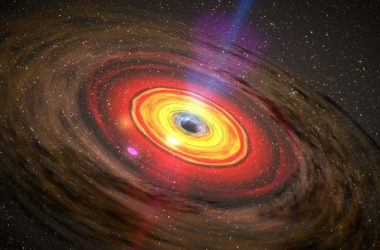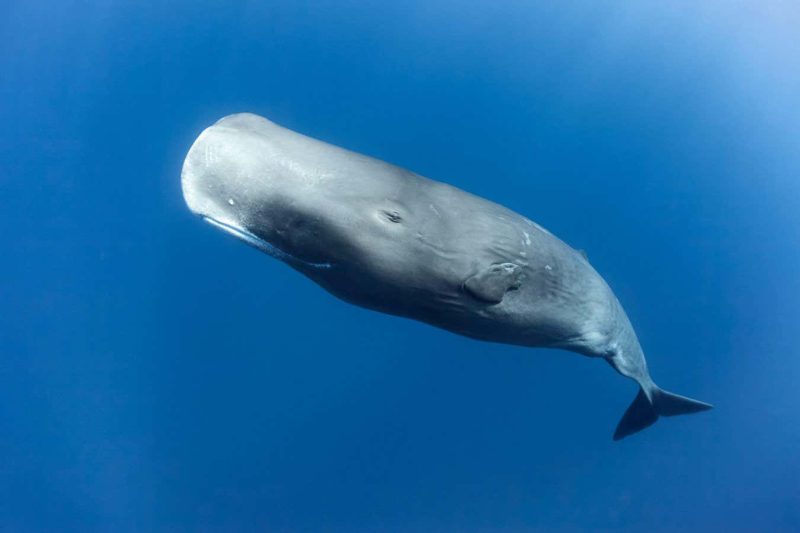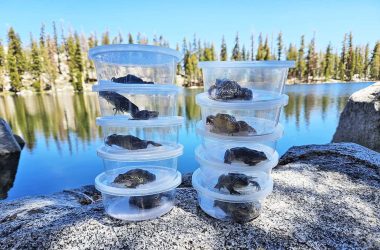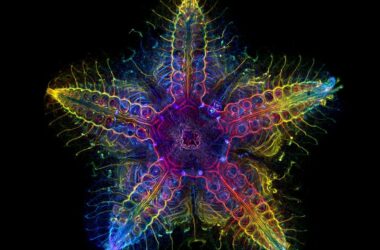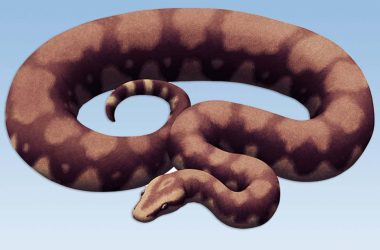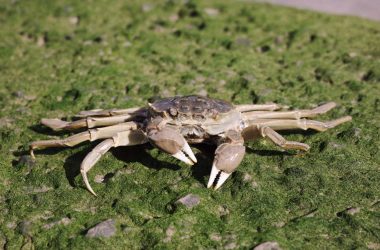Sperm whales are among the few mammal species that are widely considered to undergo menopause
Nature Picture Library/Alamy
It is commonly believed that only humans and a few toothed whales experience menopause. However, a study conducted by Ivana Winkler and Angela Goncalves at the German Cancer Research Center suggests that menopause is actually widespread among mammals. The truth, it seems, lies somewhere in between.
Goncalves, who studies the aging of the female reproductive tract in mice, states that it is clear that captive mice reach a stage similar to menopause in humans. However, this finding often surprises audiences who believe menopause is unique to humans.
To determine which other mammals experience menopause, Goncalves and Winkler conducted a review of published studies. The first challenge they encountered was that most mammals do not menstruate in the same way humans do. Instead, their uterine lining is reabsorbed.
Despite this difference in menstrual processes, biologists generally define menopause as the cessation of reproduction, regardless of menstruation. The key physical change that occurs during menopause is the ovaries stopping the release of eggs, a process known as oopause.
Identifying the occurrence and timing of oopause in most mammals is not easy. In captivity, scientists can directly study reproductive cycles through hormone analysis in blood. However, for wild species, researchers often have to infer oopause timing from the end of reproductive activity.
Winkler and Goncalves analyzed studies involving at least 10 captive individuals and found reliable data for less than 100 species. The results showed that the majority of these mammals ceased egg production if they lived long enough. Generally, female mammals experienced oopause between one-third and two-thirds of their maximum lifespan.
This finding indicates that the female reproductive system stops working long before the rest of the body does. It suggests that menopause is not unique to humans and has significant implications for other species as well.
Previous studies have hinted at the occurrence of menopause in other mammals, but Winkler and Goncalves’ analysis is the most comprehensive and rigorous so far.
However, it is important to note that the study does not claim that most wild females live long enough to experience oopause. Goncalves emphasizes that their research focuses on captive populations rather than what occurs in the wild. From an evolutionary perspective, understanding what happens in the wild is crucial.
Sam Ellis, a researcher at the University of Exeter in the UK, comments that the study demonstrates that if individuals are protected from natural dangers, they will eventually exhaust their egg supply. Ellis’ previous study in 2017 showed that in the wild, females from certain species of toothed whales can live for extended periods after they become unable to reproduce. His study is often cited to support the claim that menopause is exclusive to humans and a few whales. However, Ellis acknowledges that the definition of menopause used plays a significant role in this interpretation.
Ultimately, it is evident that females in the majority of mammal species stop producing eggs well before the end of their potential lifespan. However, in the wild, only a few individuals reach this point. Whether menopause is common or rare boils down to the definition used to characterize it.
